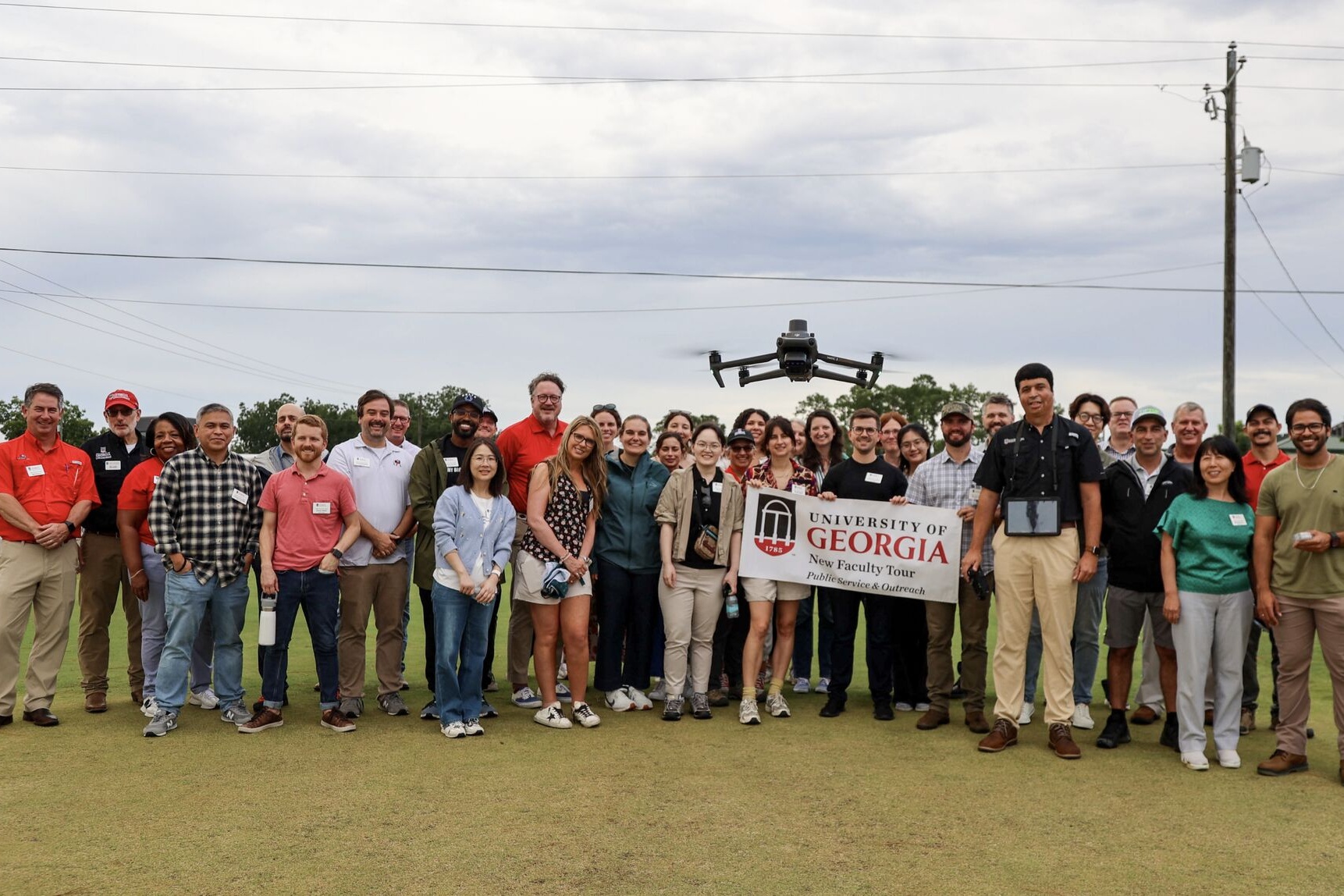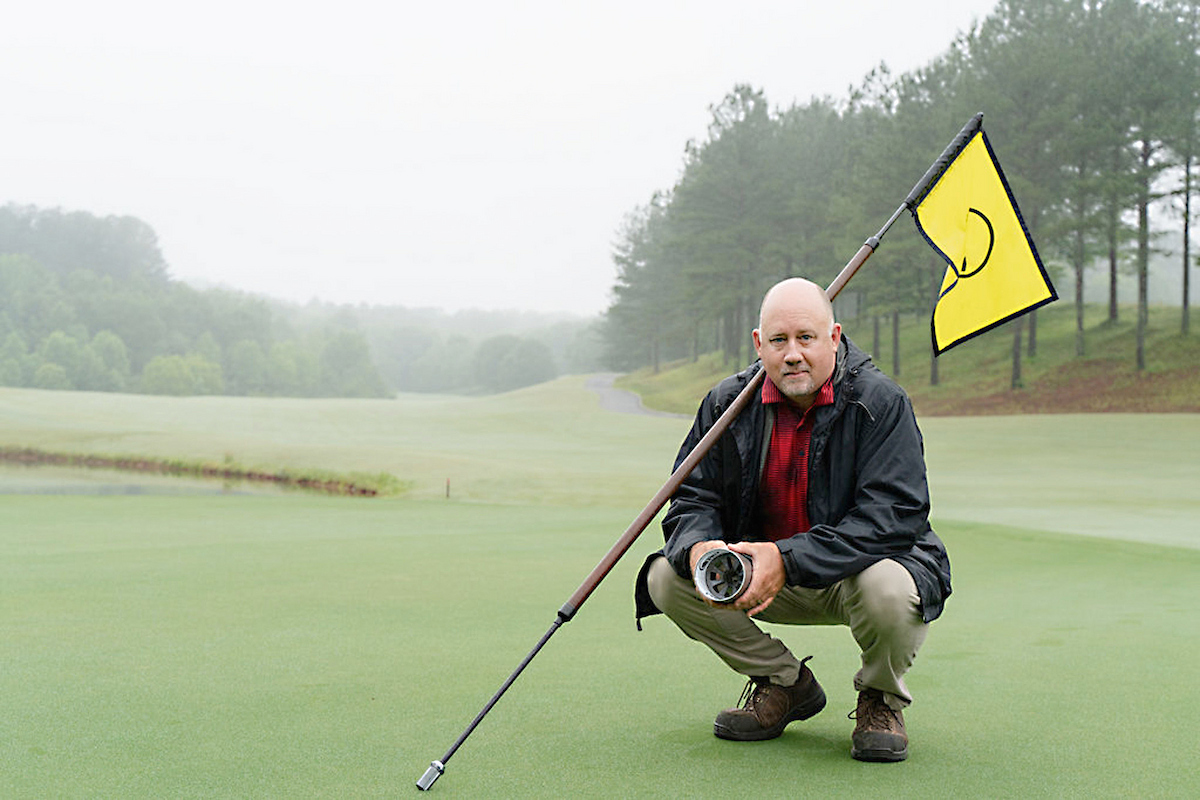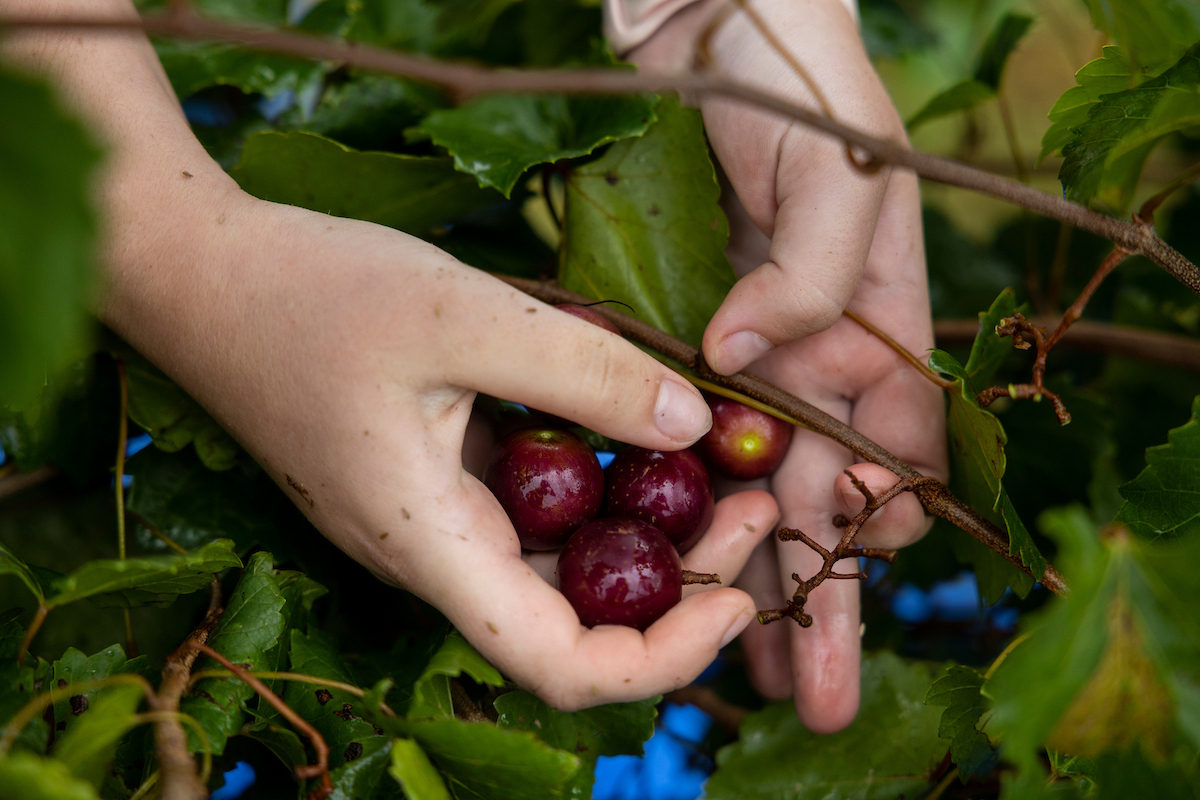Latest
In the news
THE NEW YORK TIMES
SOUTHERN LIVING
THE ATLANTA JOURNAL-CONSTITUTION
NATIONAL GEOGRAPHIC
-
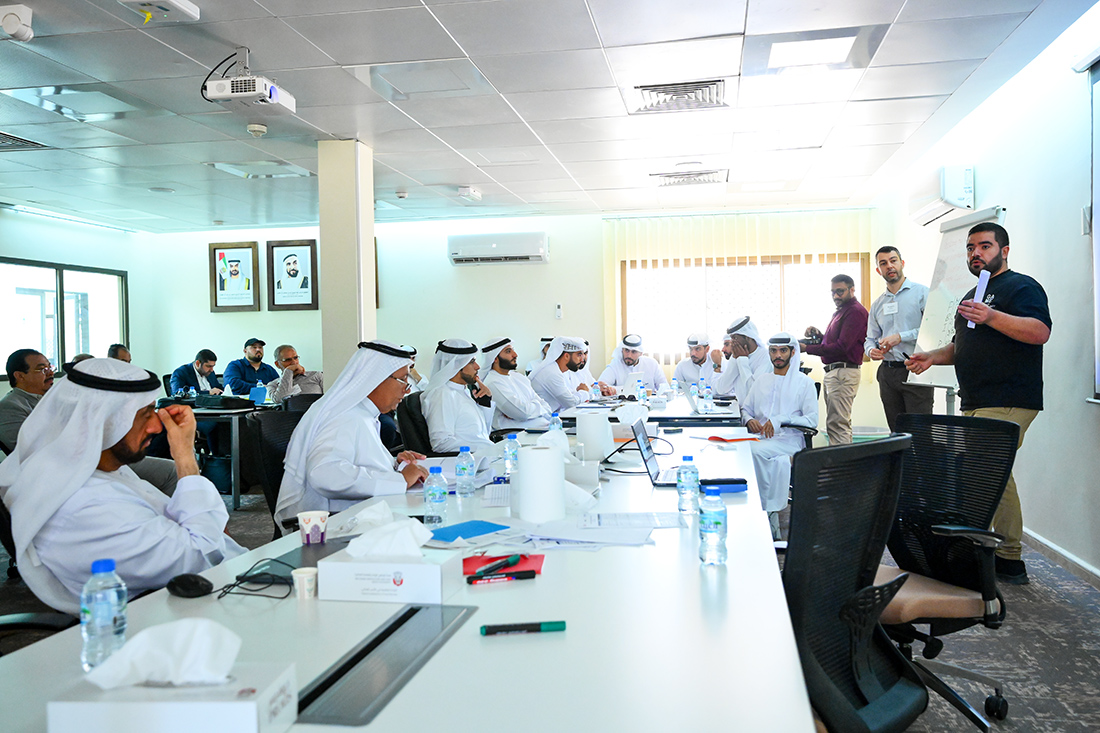 International Programs
International ProgramsCAES leads global project to boost local food systems in the United Arab Emirates
Integrative Precision Agriculture
-
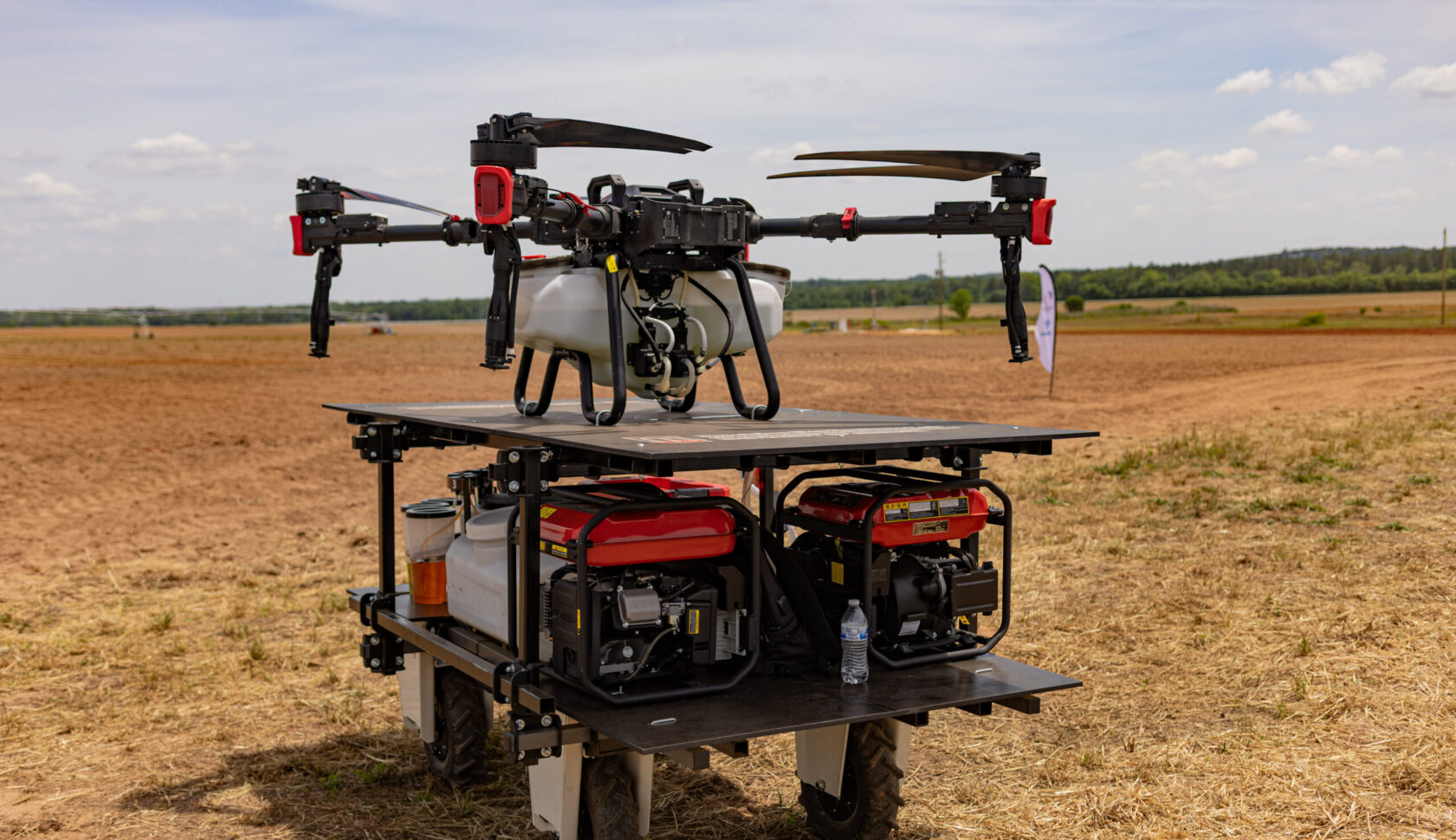 Integrative Precision Agriculture
Integrative Precision AgricultureCAES, partners demo future of agriculture at Grand Farm groundbreaking
GARDENING
Emergency Preparedness
-
 Agricultural and Applied Economics
Agricultural and Applied EconomicsFighting fire with fire: How prescribed burns can help mitigate wildfire risks
-
 Emergency Preparedness
Emergency PreparednessUGA Extension supports resilience in Georgia farm communities after Hurricane Helene
expert resources
Expert resources, also known as UGA Cooperative Extension publications, offer unbiased, research-backed advice to empower Georgians with practical, trustworthy information on agriculture, the environment, food, family and more.
